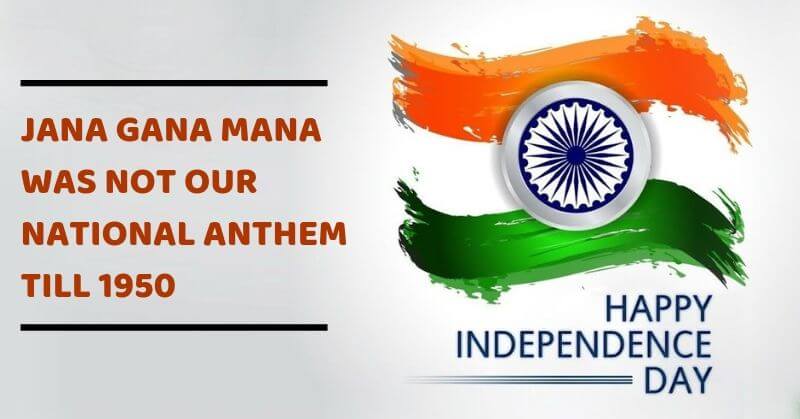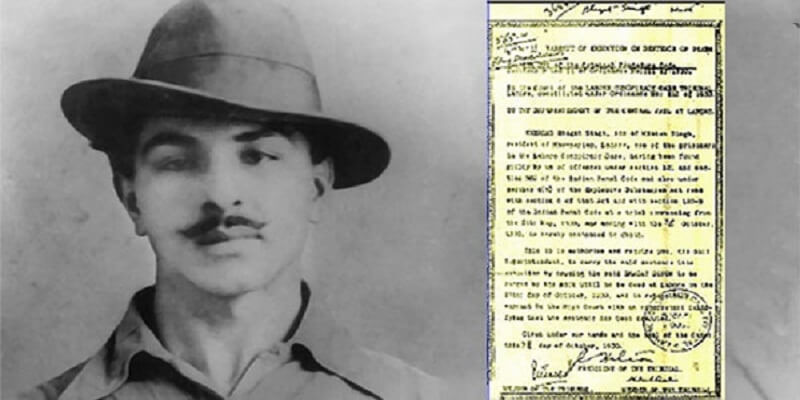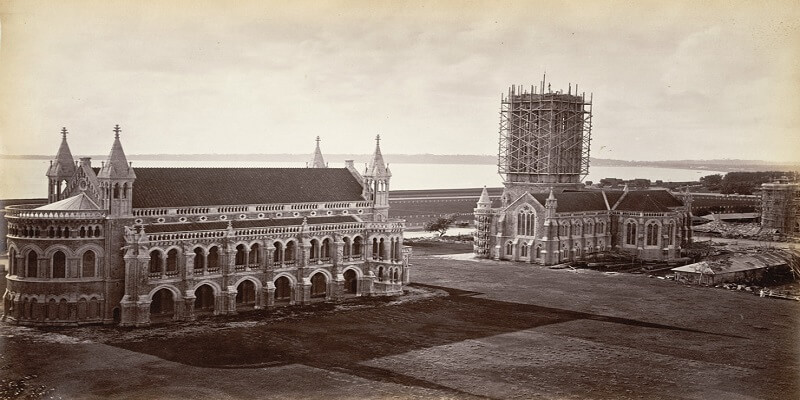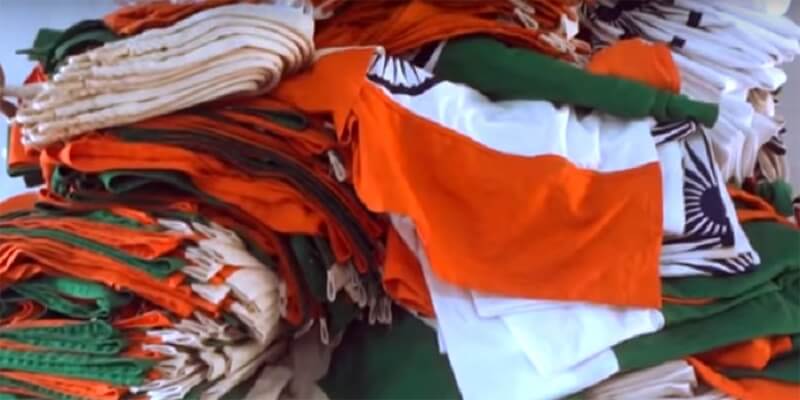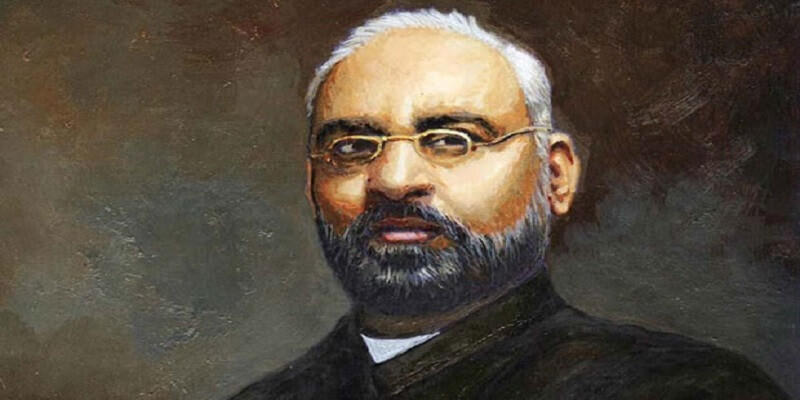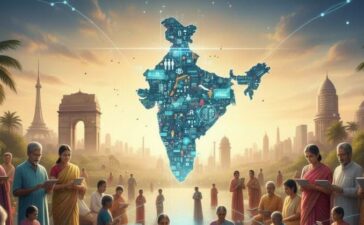6. Our National Hero Bhagat Singh could speak in 5 different languages.
They helped him to understand and study of the other great influencers all over the World. He was highly fluent in English, Arabic, French, Swedish and of course Hindi, Punjabi, and Multani. He also wrote an article named “why am I atheist?” which gave a comprehension of why he lost belief in God. His work was later published after his execution.
7. The Bombay Store in India was the first store created while India was still under British rule.
The store enjoys a unique legacy as one of the oldest and most popular lifestyle destinations with roots tracing from India’s freedom struggle. Incorporated with an idea to promote Indian-made products during the Swadeshi movement, the first store was founded by some of the greatest Indian patriots and business luminaries like Lokmanya Tilak and JRD Tata. The first store was inaugurated by Dadabhai Naoroji on 17th December 1906.
8. Pakistan would have Kashmir under its territory if it did not have to send troops in 1947 to attack and gain conquest on Kashmir.
Lord Mountbatten had said, “By sending its irregular troops into the state, Pakistan spoiled the whole thing.” Pakistan precipitated the war a few weeks after independence by launching tribal Lashkar (militia) from Waziristan, in an effort to secure Kashmir, the future of which hung in the balance. The inconclusive result of the war still affects the geopolitics of both countries.
9. The Indian National Flag is only supposed to be made from the Khadi cloth and nothing else.
The act of making the Tiranga with some other material is punishable by law and you can even get a 3 year jail time besides paying the fine. Though, the rule is not very well followed around the Nation and Flags made of different materials gets hosted even by our ministers.
10. Pandit Shyamji Krishnavarma launched the freedom movement in England in 1905, two decades before Gandhiji entered into freedom movement of Bharat.
He did so due to his unconditional patriotic love for the Nation. In 1905 he founded the India House and The Indian Sociologist, which rapidly developed as an organized meeting point for radical nationalists among Indian students in Britain at the time and one of the most prominent centers for revolutionary Indian nationalism outside India.


